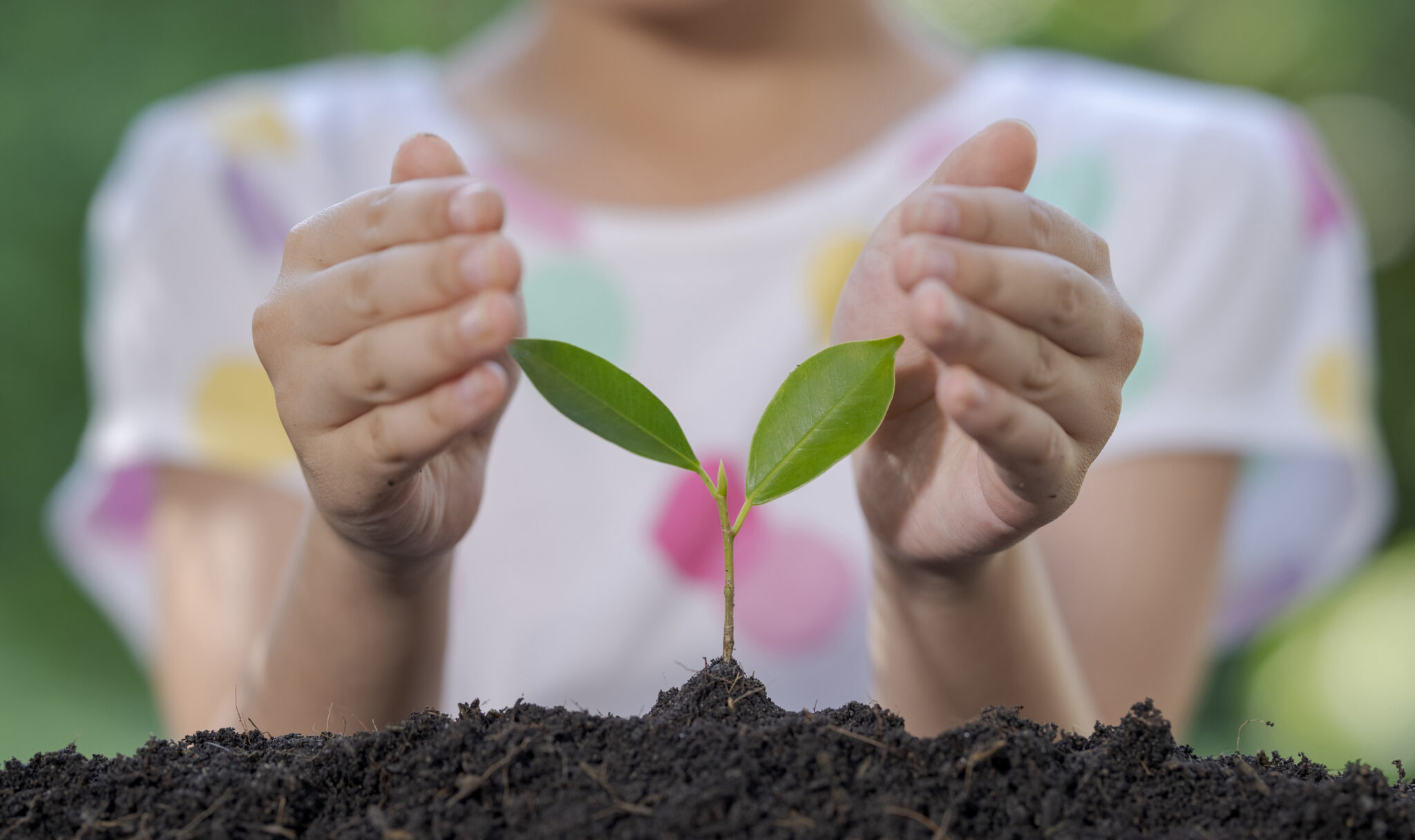Youth Education & Life Skills
An interview with David, Saro and Anouk from YELS funded project ‘Citizenship in a digitalizing world’
June 2024
David van Alten, Saro Lozano Parra and their research assistant Anouk Richters have received funding from YELS during the first round of funding back in June 2023 for their project Citizenship in a digitalizing world: Exploring the connection between citizenship and digital literacy in educational research and practice. You can read an introduction on this project here. YELS’s student assistant Eline has asked them several questions about their project.
Can you tell me something about how the project came to be?
Both David and Saro are teachers at the UU’s Graduate School of Teaching. They teach digital literacy and citizenship respectively. They saw a lot of overlap in these important themes, however educational and political spheres treated them very separately.
When talking David and Saro found that digital literacy and citizenship have very similar challenges. The government wants teachers to give these topics more attention, but there is still a lot of unclarity on how to approach this in a way that is meaningful for both teachers and students.
What is your personal connection to this research?
Anouk says that she finds digital literacy and citizenship very interesting and important. She has been working as a teacher digital literacy in secondary education for a year, when her former supervisor Tjitske de Groot approached her about this project. Anouk’s personal link to the project is the short line between theory and the practical application for her other work. She learned a lot about different educational methods for digital literacy; how they operate and how they differ.
David also used to work in secondary education, and he knows first-hand how teachers and school leaders are struggling with digital literacy and citizenship education. He thinks it’s very important that students gain life skills in these areas, which is why it is important to research these topics.
Saro says that he wants to help teachers. He does not like the way that topics are being imposed on teachers, without any room for the teachers to think about their own positionality. Teachers should have more agency in the forming of the digital literacy and citizenship curricula. We should all think about why it is important, how we want to implement it and what all these digital tools mean for us as humans and society. He hopes that this research offers room for these kinds of discussions.
What stage is the project in right now?
The project is currently reviewing different digital literacy education methods that are currently on the market for schools. David says that it is good that these methods are available for teachers, but that they do not encourage teachers to think for themselves about these topics and how to teach them.
Anouk is currently comparing these different educational methods, on their learning goals and their content through a citizenship lens.
David and Saro add that when they presented the topic of their research during several conferences on education, they found that other teacher trainers and researchers also saw this overlap in digital literacy and citizenship education.
What would you say that you are most proud of in this project and what are you most excited about for the future?
David says they are very happy with the addition of Anouk to their team, as her personal profile fits so well with the project. Furthermore, they have already come across a lot of things they find very interesting, and they look forward to sharing them with a bigger audience.
Anouk says that in her job as a digital literacy teacher, she sometimes misses some depth, which is very well supplemented by her work on this project. She says that the things that she learns here are very valuable for her role as a teacher as well.
What is an insight that you have gained since starting the project, either regarding your research question or in terms of process?
Saro says that working interdisciplinary is always exciting. He has a humanities background and David is from Social Sciences. They also have a very short link between theory and practice with Anouk’s addition to the team and their everyone’s experience in secondary education.
Anouk adds that she has learned a lot about the difference between different digital literacy educational methods. They roughly discuss the same topics, but the way in which they approach it can be very different.
What parts of the project do you find most inspiring? Also, for your fellow YELS community members.
David says that this comes down to what they mentioned earlier; the interdisciplinary approach and the connection between theory and practice. He says that this research fits very well within the scopes of YELS, especially within the life skills and critical thinking pillars.

